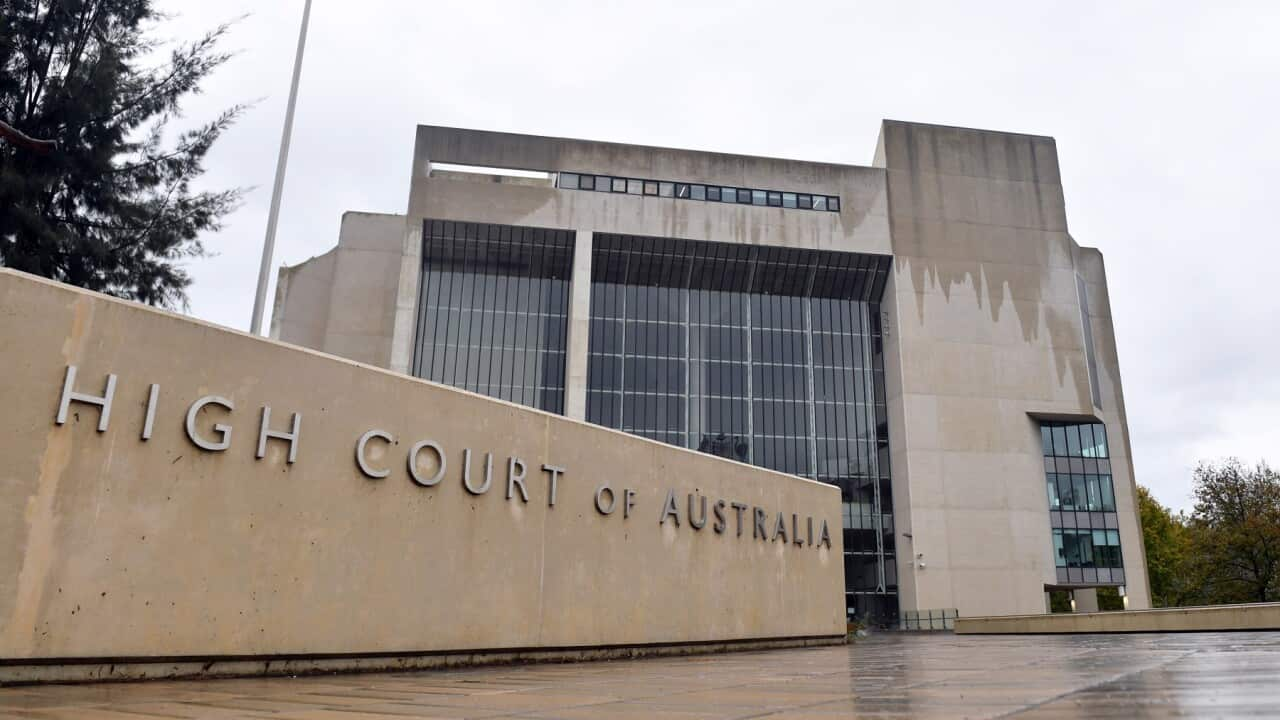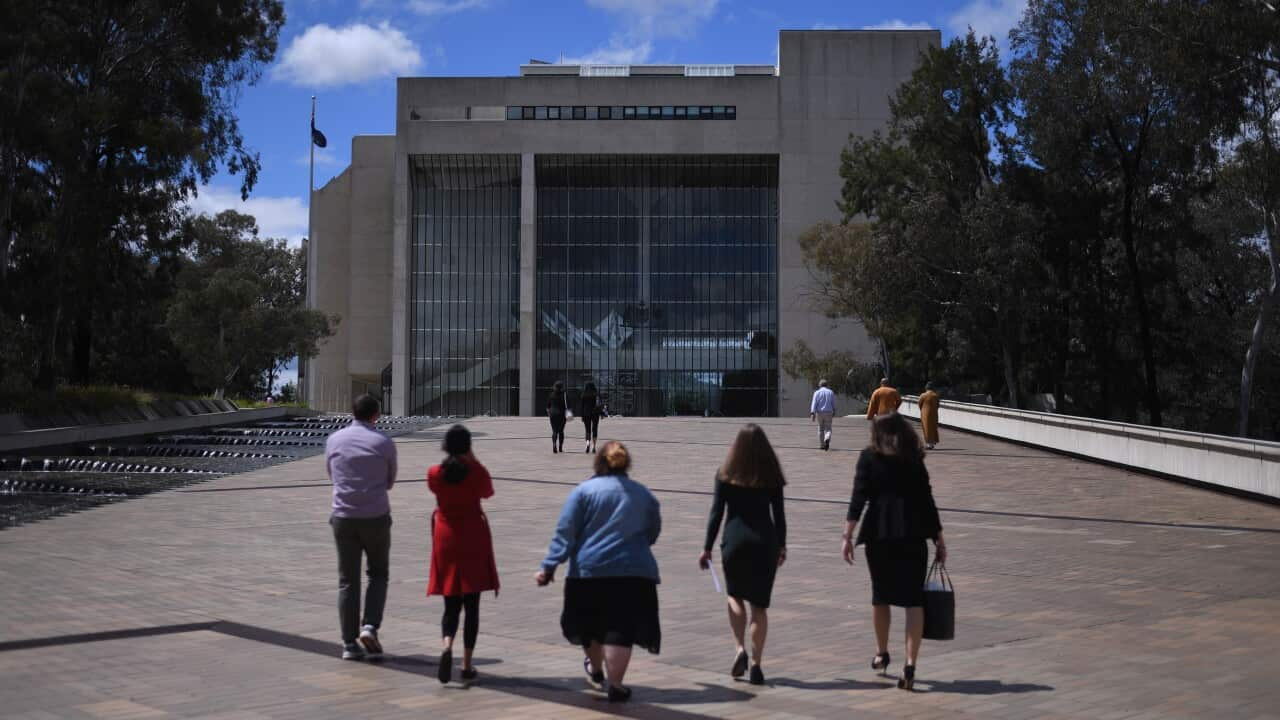Key Points
- More than 90 people were released from indefinite immigration detention, after the High Court ruled it unlawful.
- The government and Opposition passed new legislation to put strict monitoring requirements or re-detain some.
- Greens senator Sarah Hanson-Young says politicians shouldn't "decide how long or who" should be in prison.
Concerns have been raised about the extent to which the government and Opposition are going to keep released detainees behind bars after a landmark court ruling.
More than 90 people being held in immigration detention have so far been released .
Three murderers and several sex offenders are included in the numbers but many were also detained and awaiting deportation after committing more minor offences.
The government and Opposition teamed up to ram emergency legislation through parliament to and impose criminal punishment for visa breaches.
Greens senator Sarah Hanson-Young said it was "bad law-making and was very disappointing" for Labor to back the Coalition's scaremongering.

Hanson-Young said it shouldn't be up to politicians to decide who should be locked up or for how long. Source: AAP / Mick Tsikas
"It shouldn't be up to politicians to decide how long or who should be locked up in prison, it should be up to a court," Senator Hanson-Young told ABC TV on Tuesday.
"If there's someone who shouldn't be on the streets, put it before a court and let a judge decide - that's how we do things in a country that upholds the rule of law."
The High Court's ruling was based on the premise that indefinite detention was a form of punishment and only the courts had the power to discipline criminals, not the minister.
Home Affairs Minister Clare O'Neil has flagged further legislation and reform after the court releases its full reasoning for its decision in the new year.
'Lack of equality before the law'
Law Council of Australia president Luke Murphy said the new legislation needed to be urgently reviewed with concerns the balance between individual liberty and community safety hadn't been struck.
He said the measures amounted to an "inherent lack of equality before the law" and pointed to the fact serious offenders who served time behind bars were routinely released around Australia every day and managed by state and territory authorities.
Murphy pointed to the mandatory sentencing of one year in prison for people on the new special visa who failed to notify the minister of a change in personal circumstances within two days.
"The imposition of mandatory sentences for breach of conditions and that restricts the right to a fair trial and that compromises the independence of the judiciary," he told ABC radio.
"There must be an independent oversight to ensure everyone is treated equally," he said, adding there was no evidence non-citizens were any more dangerous than Australian citizens.
The indefinite time limit imposed on the conditions and no judicial oversight of their applications made the laws a "very unjust, harsh and disproportionate response", he added.
Any new preventative detention measure needed judicial oversight and the released detainees needed proper access to legal representation, he said.
Opposition leader Peter Dutton said the preventative detention measure wouldn't be a punitive court-like sentence and that the Coalition would support any measure to re-detain the cohort.
"Many of these people are criminals with serious offences," he told Seven's Sunrise program.
Opposition foreign affairs spokesperson Simon Birmingham said people who posed a potential threat to the community should be detained in order to keep Australians safe.











